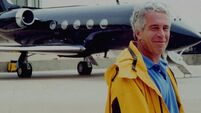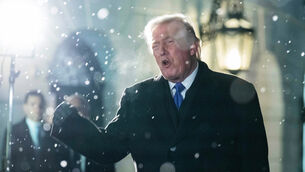Seventeen killed as Bolivia police strike sparks riots
Striking police officers and civilian protesters clashed with government troops, leaving at least 17 people dead and another 100 injured as protesters set fire to seven government buildings and looted department stores.
Protests began yesterday morning as government troops fired tear gas, rubber bullets and live ammunition at the demonstrators, who stormed the presidential palace in La Paz to protest at government proposals to raise taxes and cut spending on social programmes.














